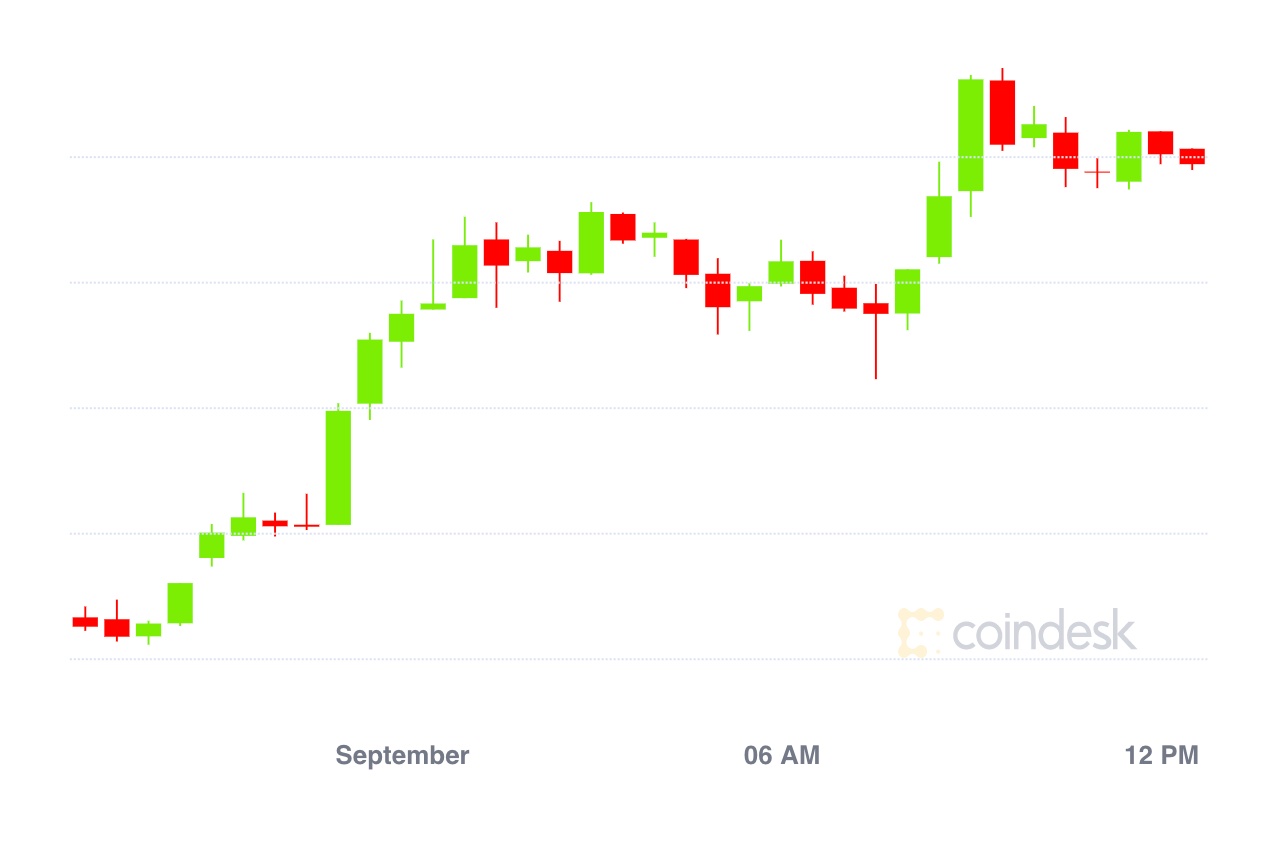EU Regulator Details How It Classifies Unlawful Overseas Businesses Under MiCA
-
The European Securities and Markets Authority published an opinion report for firms dealing with overseas firms to prevent them breaking the Markets in Crypto Assets rules (MiCA).
-
ESMA wants to prevent unauthorized companies from finding loopholes to proactively reach out to EU clients.
The European Securities and Markets Authority published some clarity on Wednesday for crypto companies dealing with overseas firms to prevent them breaking the Markets in Crypto Assets rules (MiCA).
Companies that are not authorized to operate in the trading bloc of 27 nations cannot provide any services to European Union clients unless those clients reach out first. With Thursday’s guidance, ESMA wants to prevent unauthorized companies from finding loopholes to proactively reach out to EU clients.
The opinion by ESMA, an independent EU body tasked with investor protections, detailed actions it believed could be unlawful solicitation of clients. The regulator said it would be illegal for an EU-authorized broker to systematically route orders it receives to a group’s execution venue if that group is located outside the EU and the broker hasn’t explored any alternative options.
ESMA also deemed it unlawful for legal brokers to rely on the brand of an overseas exchange when advertising to attract business from EU citizens to the point that it makes it difficult to distinguish its services.
Included in the mix of illicit activity would be if the authorized broker has limited revenue from EU clients “or has revenue flows that significantly diverge from what would be expected where an independent broker and independent execution venue interact,” the paper said.
MiCA does allow EU-authorized brokers to offer exchange services such as exchanging crypto-assets for funds or other crypto-assets to EU clients, and to enter into agreements with non-EU entities to both manage liquidity and hedge their risk, ESMA said.
However, companies “should pay close attention to situations where an established hedging scheme has the main purpose or effect to channel EU order flows systematically and automatically to a unique non-EU execution venue and, in particular, where this non-EU execution venue is part of the same group,” the report said.
Edited by Nikhilesh De.









